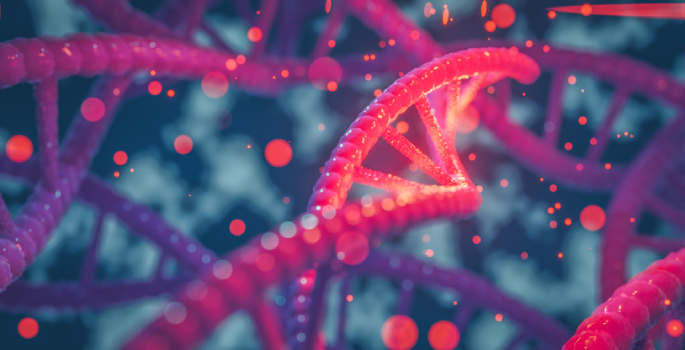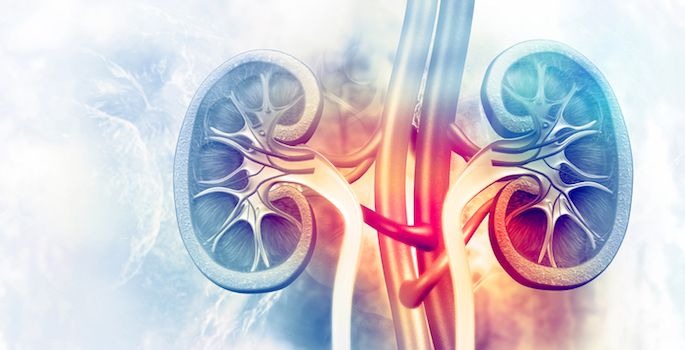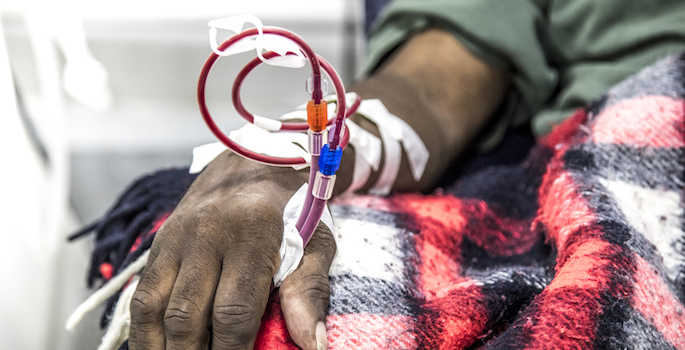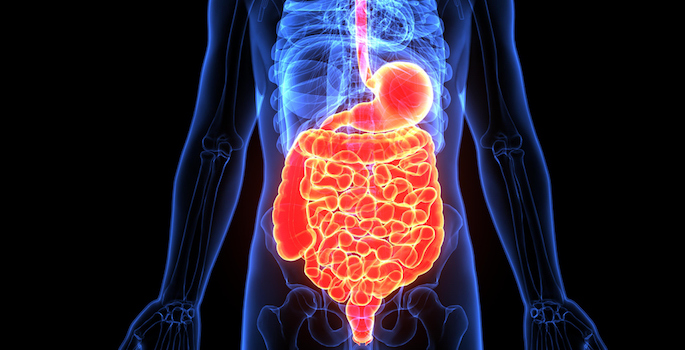Aliquots
-

“Nur” target may aid arthritis treatment
Vanderbilt immunologists have discovered that the protein Nur77 is part of a control mechanism that guards against autoimmunity in natural killer T cells. Read MoreJul 13, 2020
-

Recurrent UTIs linked to hidden reservoir
Bacterial invasion of vaginal cells sets up a protective niche and a reservoir for recurrent urinary tract infections, Vanderbilt researchers demonstrated. Read MoreJul 9, 2020
-

Keeping beta cells “fit”
Vanderbilt cell biologists are defining the factors that help beta cells in the pancreas stay healthy, secrete insulin and prevent diabetes initiation and progression. Read MoreJul 9, 2020
-

A connection to schizophrenia
The insula, a small region of the brain involved in diverse brain functions had widespread dysconnectivity in schizophrenia, Vanderbilt researchers found. Read MoreJun 23, 2020
-

Single mutation causes seizure disorder
A single mutation in one gene can impair inhibitory signaling in the brain and cause multiple types of seizures and behavioral abnormalities. Read MoreJun 22, 2020
-

Probing DNA damage repair
After discovering a new mechanism for DNA damage repair last year, Vanderbilt biochemists now provide direct evidence for how it works. Read MoreJun 18, 2020
-

Studying cells in reduced dimensions
Vanderbilt cell biologists have developed an unbiased, quantitative framework for evaluating single-cell data. Read MoreJun 18, 2020
-

Staph’s activation of blood clotting
Staph bacteria may change the factor they use to activate blood clotting — to evade the immune response — a new study suggests. Read MoreJun 9, 2020
-

Protecting the injured kidney
Leslie Gewin and colleagues have upended conventional dogma about Wnt/beta-catenin signaling in the kidney, finding that it protects against chronic kidney disease rather than promoting it. Read MoreJun 4, 2020
-

Potential new cancer target
Vanderbilt researchers have discovered the involvement of a certain type of adenosine receptor in mediating signaling that supports tumor growth and metastasis. Read MoreJun 4, 2020
-

Probing innate immunity
Manuel Ascano team validates an inhibitor of the cGAS-STING signaling pathway, which is important for cellular innate immunity against bacteria, viruses, and our own damaged DNA. Read MoreMay 19, 2020
-

Implant one day may replace dialysis
Vanderbilt researchers used pharmacological manipulations to increase salt and water transport by kidney cells grown in culture, a step necessary for realizing an implantable artificial kidney device. Read MoreMay 18, 2020
-

Antibodies eye Pacific Island “fever”
Vanderbilt Vaccine Center team isolates monoclonal antibodies against the mosquito-borne Ross River virus, which causes rash, fever and debilitating muscle and joint pain lasting three to six months. Read MoreMay 14, 2020
-

The adaptable anthrax bacterium
Vanderbilt researchers discover how anthrax bacterium defends itself against structural damage and resists the toxicity of the antimicrobial drug targocil. Read MoreMay 14, 2020
-

A dual-purpose metabolic switch
John York and colleagues have demonstrated that the protein Vip1 is a rare type of bifunctional enzyme: it can both synthesize and destroy key cellular signaling molecules. Read MoreMay 5, 2020
-

The role of diet in esophageal cancer
New findings suggest that dietary calcium and magnesium affect the risk of esophageal cancer; if confirmed in interventional studies, they could inform dietary modifications to reduce the burden of this cancer. Read MoreMay 4, 2020
-

EHRs, biobanks and Mendelian diseases
Electronic health records and biobanks can be effectively combined to detect and study Mendelian diseases such as cystic fibrosis. Read MoreApr 30, 2020
-

Antibody finding raises hopes for Marburg, COVID-19 treatments
Monoclonal antibodies against Marburg virus — a more lethal cousin of the RNA virus that causes COVID-19 — may aid in the development of antibody "cocktails" to counter viral infection. Read MoreApr 30, 2020
-

Transporter’s role in gut barrier
A disease-associated mutation in a transporter protein impairs gut barrier function, leading to gastrointestinal disease and chronic infections. Read MoreApr 21, 2020
-

Reducing stress in parents of children with autism
Parents of children with autism spectrum disorders benefited from the addition of mindfulness-based stress reduction to parent-implemented behavioral interventions. Read MoreApr 21, 2020